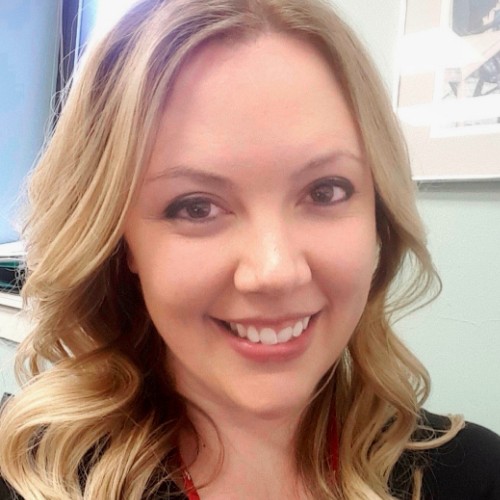Presenter Profile

Tatia Hardy, MD
Chicago Juvenile Temporary Detention Center
Dr. Tatia Hardy completed her medical training at the University of North Dakota School of Medicine & Health Sciences and a combined residency in Internal Medicine and Pediatrics at the University of Nebraska Medical Center in Omaha, Nebraska. She recently completed her fellowship in Adolescent Medicine at the University of Illinois at Chicago where she gained interest in Health Disparities seen in Marginalized Youth. Dr. Hardy currently serves as an Attending Physician at Chicago's Juvenile Temporary Detention Center.
Presentations
Stop Asian Hate: Unspoken Trauma in Children and Adolescents
A case presentation will open the workshop, and hopefully stimulate conversation, allowing the audience to reflect on their own practices and experiences since the beginning of the pandemic. After the case is discussed, it will serve as a segue into the didactic session. The didactic session will first review the Stop AAPI Hate movement and work to correlate it with the patients that have presented to either virtual or in person clinics during this pandemic period. I will share results from a chart review done in our clinic post pandemic demonstrating the difficulty of this topic while patients are being seen for healthcare visits. I will briefly review trauma informed care as it relates to hate crimes and victimized youth. Lastly, I will discuss ways to help the youth and families seen in clinic. This last portion of the session will not only give inspiration and information but also allow attendees to reflect on their own interactions over this last year.
